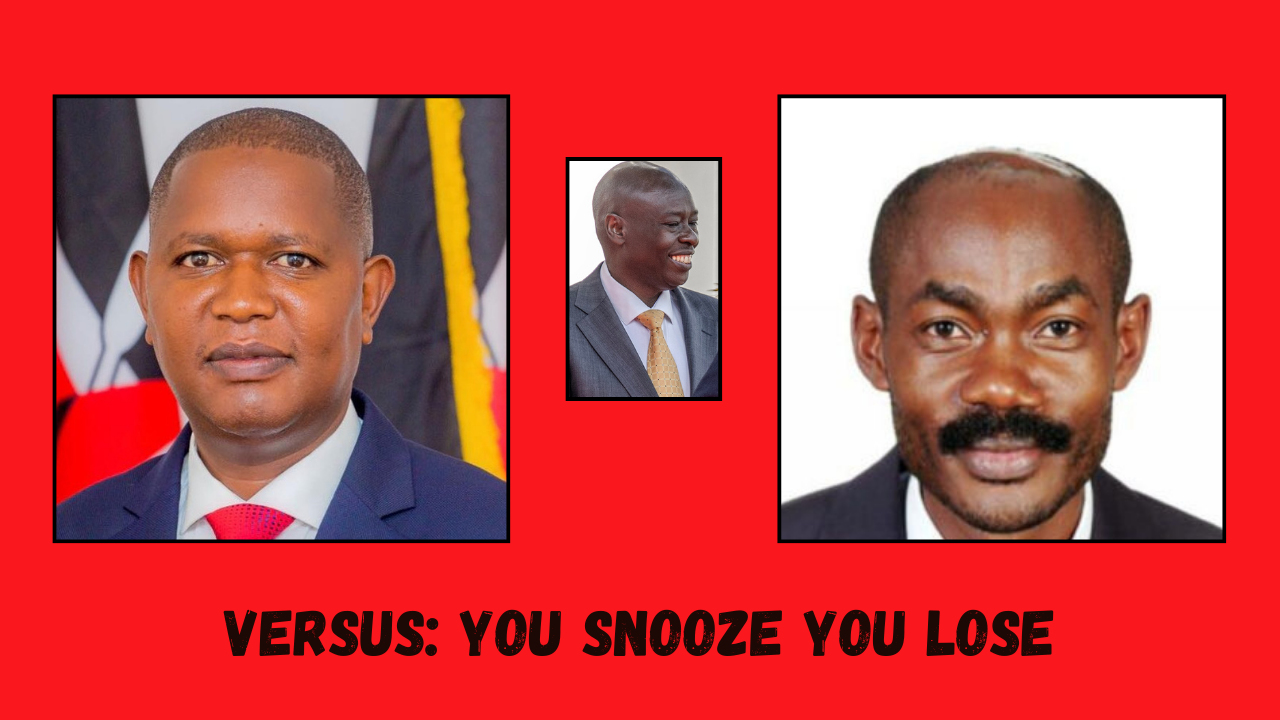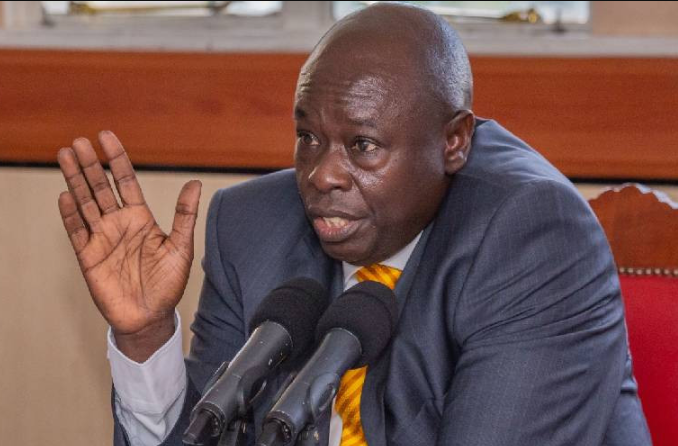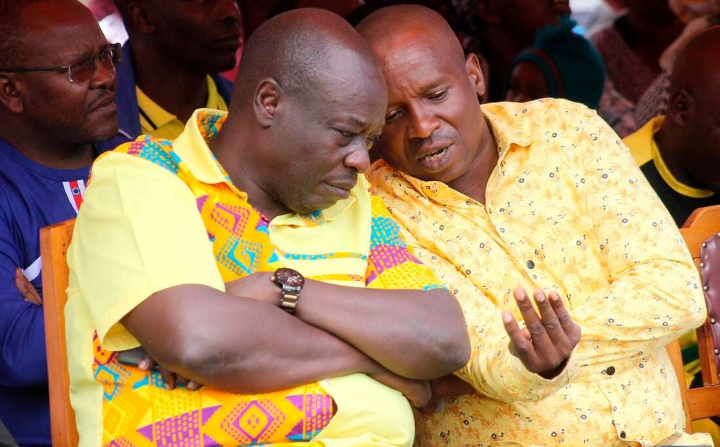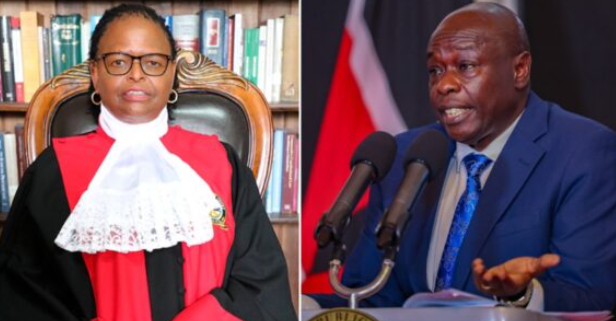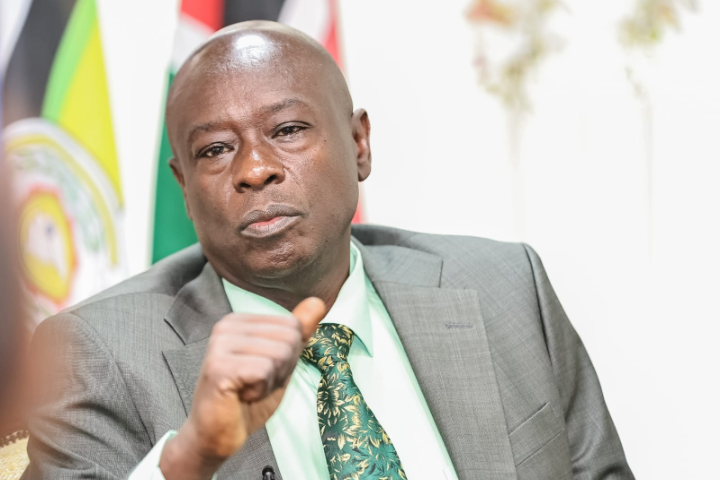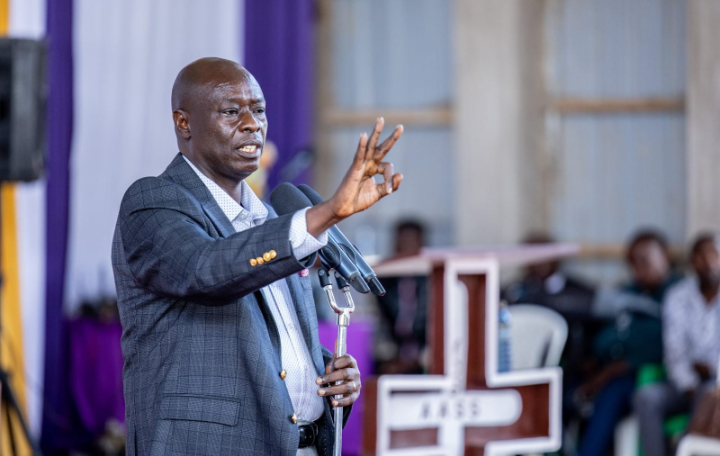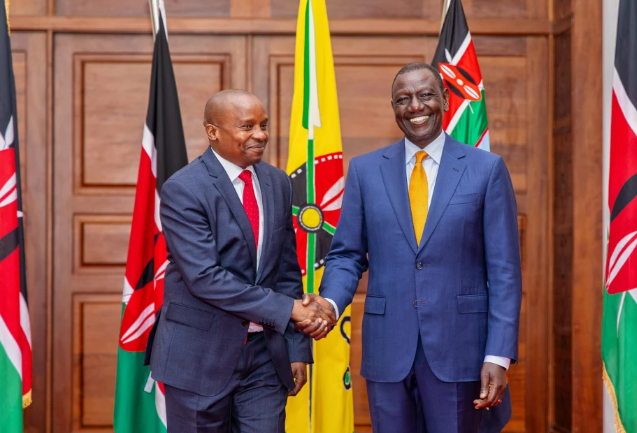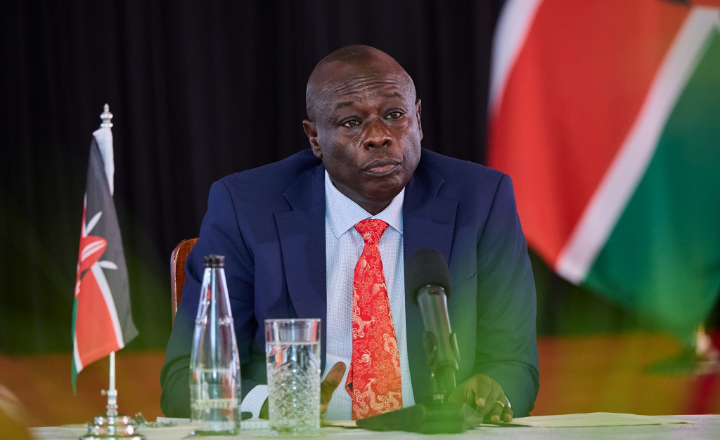The recent impeachment trial of Deputy President Rigathi Gachagua has brought to the forefront another significant legal battle. The cross-examination of Kibwezi West MP Mwengi Mutuse by Gachagua’s defense counsel, Elisha Ongoya in Senate on Wednesday was nothing short of a battle of wits.
Counsel Ongoya: You therefore understand where we start from by saying, it starts with falsehoods. Do you understand that?
MP Mutuse: That’s… that’s you saying so.
This commentary explores the dynamics between these two legal representatives and the implications of their exchanges during the proceedings.
Background of the Case
The impeachment motion against Gachagua, initiated by MP Mutuse, alleged various constitutional violations by the Deputy President. The National Assembly had voted in favor of this motion on October 8, 2024, prompting Gachagua to mount a vigorous defense led by a team of seasoned lawyers, including Senior Counsel Paul Muite and Ongoya.
Counsel Ongoya opened with the following disarming friendly remark: “Honorable Mutuse, I will refer to you as Honorable Mutuse throughout, and for the benefit of the Senators, we were actually contemporaries at the university many years ago.”
He then proceeded to viciously and methodically dismantle Hon. Mutuse’s impeachment motion.
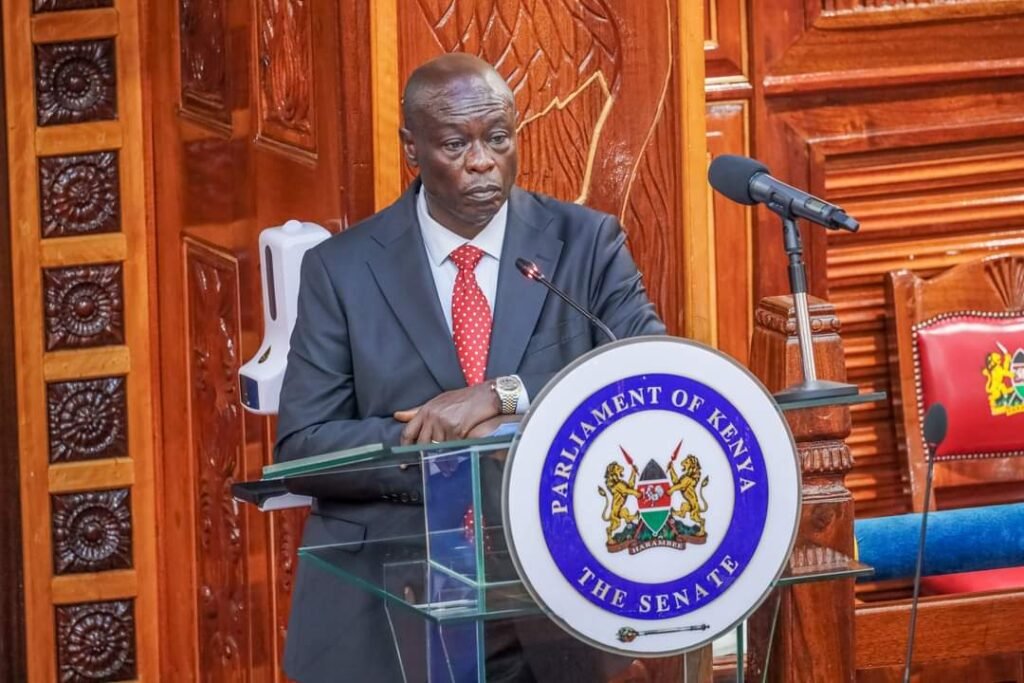
Key Moments in Cross-Examination
During the trial, Ongoya’s strategy focused on dismantling Mutuse’s claims by scrutinizing his petition to highlight cited falsehoods and inconsistencies. Here are some notable moments from the proceedings:
- Constitutional Principles: Counsel Elisha begun his cross-examination by seeking Hon, Mutesi’s assertion that as a lawyer, he understood that he was constitutionally bound by the allegations he had presented to the national assembly in his motion. While alleging the harassment of Justice Esther Maina, the prosecution had moved that despite publicly stating that he would present a petition for the removal of the aforementioned Judge before the Judicial Service Commission, the Deputy President had failed to do so to the date of his impeachment motion. The defense counsel deconstructed the allegation as being false.
- Empathy vs. Policy: Ongoya also challenged Mutuse on his assertion that Gachagua’s public calls for empathy towards citizens contradicted government policy. Ongoya pressed Mutuse to clarify whether there was any law preventing the Deputy President from making such statements publicly. Mutuse ultimately conceded that no such law existed, indicating a potential weakness in his argument.
- Public Participation: The discussion dug into the constitutional principle of public participation. Ongoya questioned whether Gachagua’s call for engagement with city traders before relocating them was inconsistent with any existing laws. Mutuse’s response suggested a lack of clarity, as he acknowledged that “engagement and public participation may mean different things at different levels,” which leaves room for interpretation.
- Cabinet Decisions: A heated moment also arose when Ongoya queried whether any Cabinet resolution prohibited Gachagua from advocating for citizen engagement during demolitions. Mutuse admitted his lack of knowledge regarding Cabinet decisions, which further undermined his position as the mover of the impeachment motion.
Implications for Legal Practice
The exchanges between counsel Elisha Ongoya and lawyer Mwengi Mutuse highlight several critical aspects of legal practice:
- Preparation and Knowledge: The trial underscores the necessity for legislators and their counsel to be well-versed in both statutory law and constitutional principles. Mutuse’s struggles during cross-examination reveal how essential it is for lawmakers to anticipate challenges to their claims.
- Public Discourse vs. Legal Boundaries: The case illustrates the tension between public discourse and legal accountability. Ongoya’s questioning about the appropriateness of Gachagua’s statements at public forums versus Cabinet meetings raises important questions about where political speech intersects with legal obligations.
The ongoing impeachment trial not only serves as a pivotal moment in Kenyan politics but also offers valuable lessons in legal strategy and constitutional interpretation.
As Counsel Ongoya continues to challenge MP Mutuse’s assertions, the outcome may hinge on how effectively each side navigates the complexities of law and public policy. This case exemplifies the critical role of lawyers in shaping political narratives and ensuring accountability within government structures.
Also Read: Three-Judge Bench Fails to Halt Gachagua’s Senate Impeachment Trial

